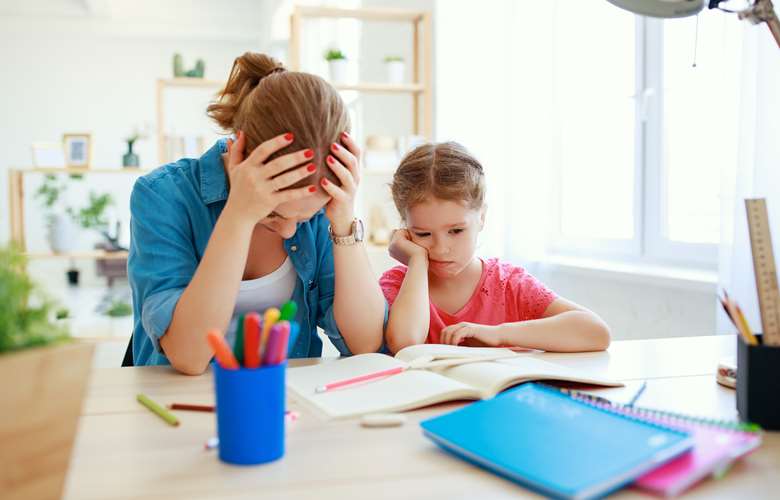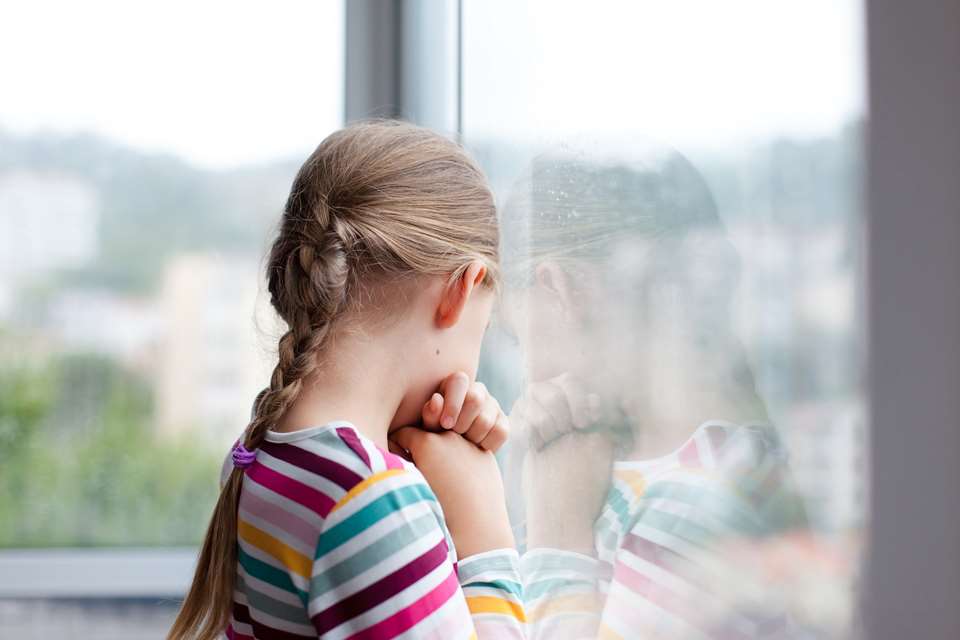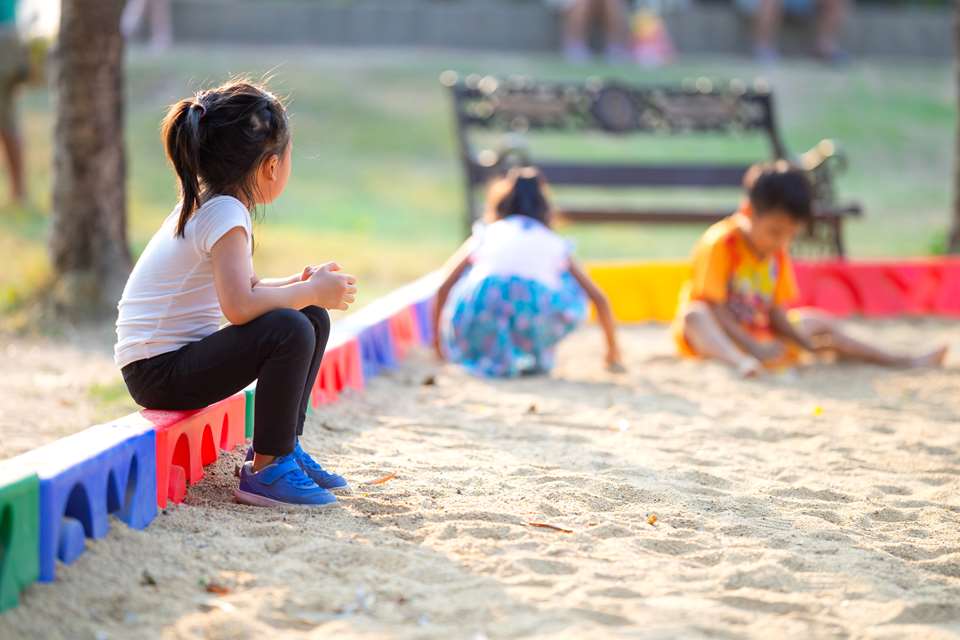Parents' mental health hit once more under latest lockdown
Annette Rawstrone
Tuesday, January 19, 2021
Parental stress, depression, and anxiety have again increased since new national restrictions have been introduced, according to the latest report from the Oxford University led Covid-19 Supporting Parents, Adolescents, and Children in Epidemics (Co-SPACE) study.

More than 6,000 UK parents and carers reported symptoms including difficulty relaxing, being upset easily or agitated, feeling hopeless, and lacking interest and pleasure, feeling fearful and worried, as well as being more irritable, over-reactive and impatient. This mirrors parent and carer reports of high levels of stress and depression between April and July last year, which were followed by lower levels of these difficulties between July and September.
Leticea Holland, a participating parent, said that she is worried that the next three months will show a sharper increase in anxiety and stress where parents are having to do more teaching at home.
She added, ‘Children are more worried as their teachers are becoming ill –and the "new variant" sounds more scary, my daughter keeps commenting on an increasing worry of catching Covid-19 which she didn’t do so much before.’
The findings build on other research that found that parents were particularly vulnerable to distress during the first lockdown.
Cathy Creswell, professor of clinical developmental psychology at the University of Oxford and co-lead of the study, said, ‘Our data highlight the particular strains felt by parents during lockdown when many feel that they have been spread too thin by the demands of meeting their children’s needs during the pandemic, along with home-schooling and work commitments.
‘We are particularly concerned about the level of strain felt by parents in low income families, those in single parent families, and those supporting children with special educational needs.’
Data shows that parents and carers from certain households have been particularly vulnerable to elevated mental health symptoms. Higher levels of stress, depression, and anxiety were reported by parents from single adult homes and lower income families (less than £16,000 per year), as well as those who have children with special education needs.
CEO of Parentkind, John Jolly, is urging policymakers to give urgent consideration into how additional support for families most in need can be provided, before the disadvantage gap grows wide enough to create a lost generation.
‘Given the disruption to family life, it is vital that policymakers consult and listen to the concerns of parents on issues that directly impact them and their children's futures,’ he said. ‘This includes the safety and re-opening of schools, the fair allocation of grades in the absence of exams, and remote learning provision.’









